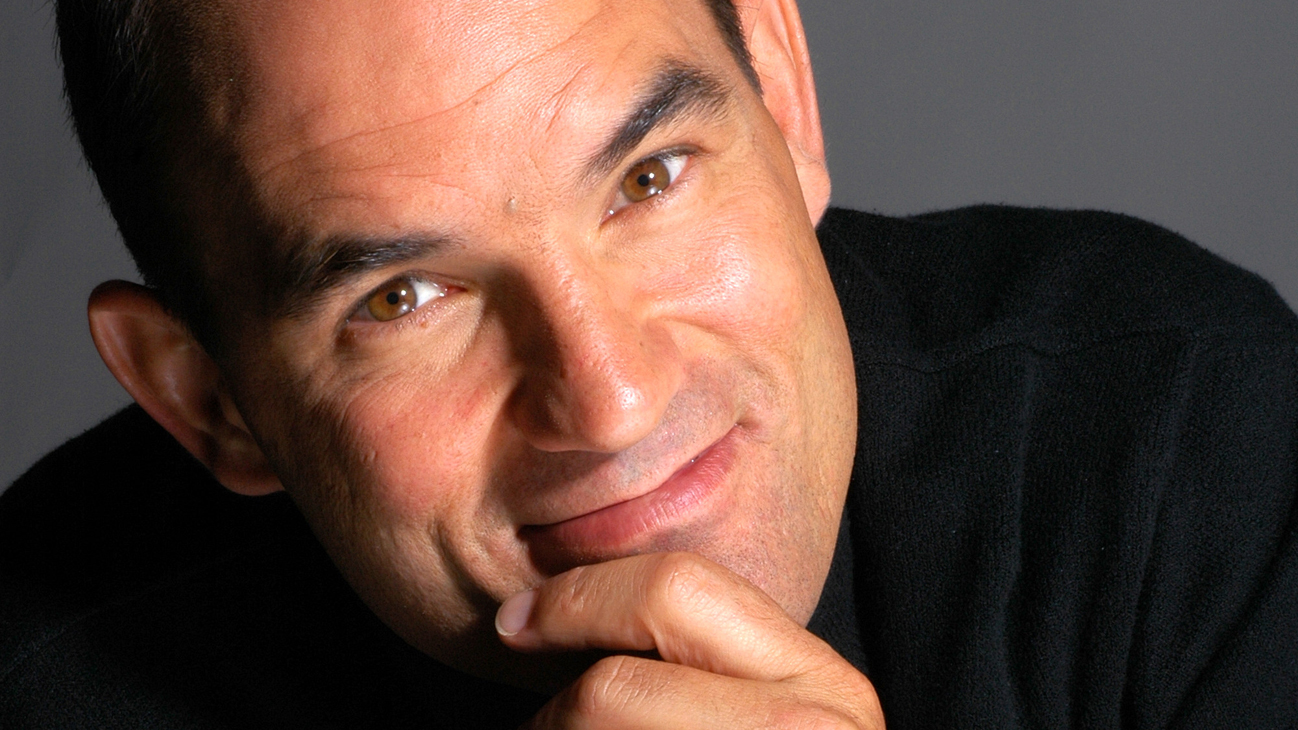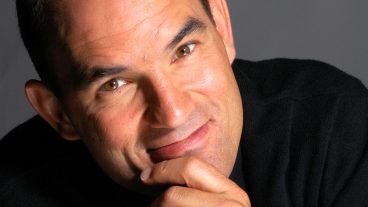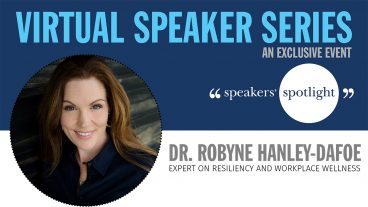Are you finding yourself unfocused as you go about your daily tasks?
Amidst a time of unprecedented uncertainty and change, staying focused is harder than ever. As is having difficult conversations with the people you live or work with. If you are looking for a way to better manage this, one place to start is reflecting on how you start the day.
What do most of us do first thing upon waking? We pick up our phones and start scrolling through news feeds, emails and texts. How could this be good for our brain? It’s not. Research shows us that it spikes our cortisol levels, puts us on high alert, and doesn’t prepare us for the day ahead, which may include tough decisions or challenging conversations.
No wonder many of us are feeling so burnt out these days.
But it doesn’t have to be this way. Staying disciplined with a morning routine — something we have observed the highest performers we work with do, including Olympic athletes, Navy Seals, and individuals in organizations from Goldman Sachs to NASA — translates to more focus and better performance during the day.
You don’t need to be an astronaut or Olympian to benefit from a morning routine. We have found that a good morning routine can help anyone who wants to be productive, manage their focus and energy, and be on their game, especially when facing a day of pressure.
What are the benefits of a morning routine?
First, it helps set the tone for the day. You decide — purposefully — what to first expose your brain and body to, rather than turning to whatever article that comes across your social media feed or random email from a colleague.
Next, it helps you build your focus for the day. You stop and reflect on what matters most and how those priorities fit within your bigger goals. You can also use the routine to build specific learning that might benefit you during this different time.
If you are not sure where to start, you might want to try the “Last 8% Morning” podcast. We developed this over the last 24 years working with Olympic athletes, NFL, and NBA teams as well as individuals under pressure at organizations like Intel, the US Federal Reserve, and the FBI, and are now making it available to the public. This morning routine integrates movement (going for a walk), mindfulness, and mental training exercises to help you manage your emotions more effectively.
This isn’t your typical podcast. You are not a passive listener. No, this is an interactive podcast, which asks you to wake up fifteen minutes earlier than your usual time and walk (some people find it works best for them at lunch time or other parts of the day). I am the voice in your ear as I guide you through the podcast — as this is also my morning routine.
While it is a routine that grounds us and prepares us for the day, it is also a form of “drip” learning that helps us grow our emotional intelligence so we take on the most challenging part of our day, what we call the last 8%. What is the last 8%?
Well, that’s the final part of the conversation or decision or situation that most of us find most difficult and that we often avoid or make a mess of. During COVID-19, we are facing more last 8% moments than ever before, meaning we need new tools to help us build our capacity.
In the past weeks, we’ve talked about anxiety, why movement matters, what mindfulness does to our brain, and how to stop people from treating you poorly and even why you might want to make your bed in the morning.
Listen to a snippet below, and join us as we work through this challenging time together.
Missed out on the first few episodes? Why not get started today?
Listen on Apple podcasts or wherever you get your podcasts, https://t.co/oC5CcbCG8U. pic.twitter.com/ZdNUGJsK7x— last8morning (@last8morning) April 20, 2020
For over twenty years, Dr. JP Pawliw-Fry’s curiosity and passion for helping people manage their emotions has driven his research into the skills and tools required to build a culture of exceptional leadership. He challenges people to think differently about human behaviour and leadership, and how to manage the pressure that is overtaking so many of us today.




